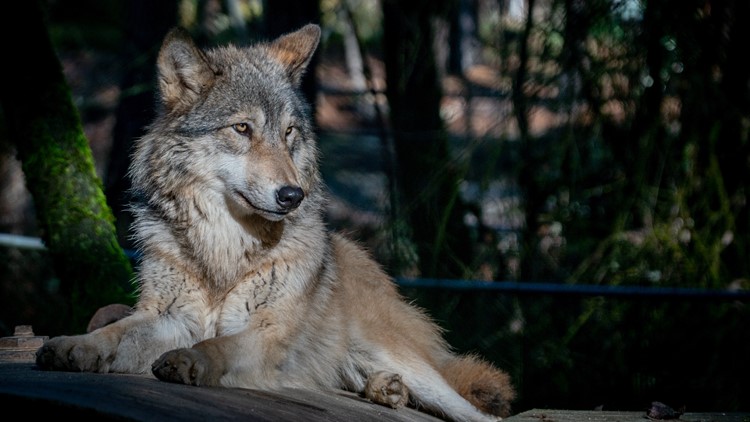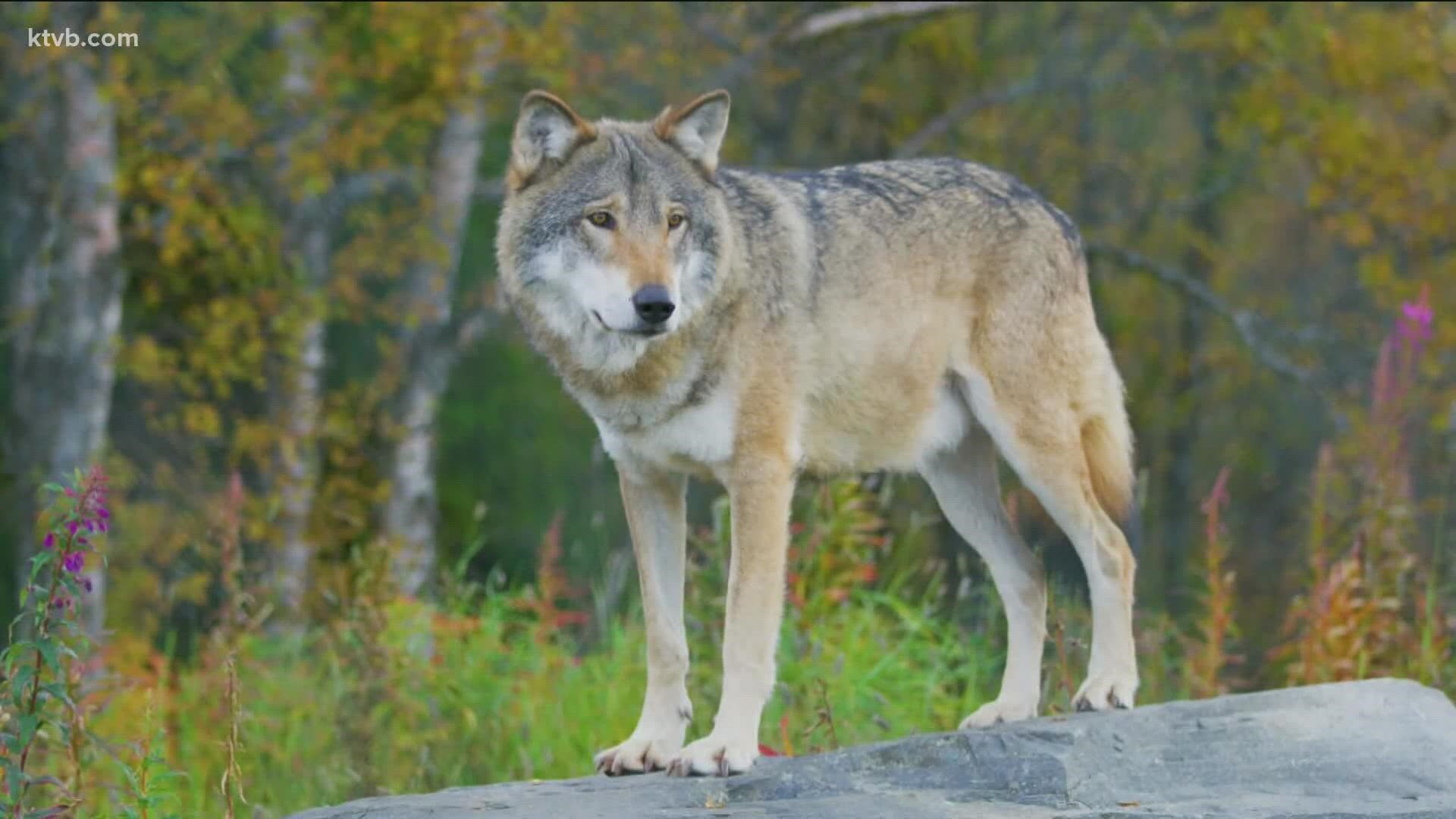BILLINGS, Mont. — A judge restored federal protections for gray wolves across much of the U.S. on Thursday after they were removed in the waning days of the Trump administration.
U.S. District Judge Jeffrey White in Oakland, California, said the U.S. Fish and Wildlife Service had failed to show wolf populations could be sustained in the Midwest and portions of the West without protection under the Endangered Species Act.
Wildlife advocates had argued state-sponsored hunting threatened to reverse the gray wolf’s recovery over the past several decades.
The ruling does not directly impact wolves in the northern Rocky Mountains of Idaho, Montana, Wyoming, and portions of several adjacent states that remain under state jurisdiction.
Federal officials argued the wolves were resilient enough to bounce back even if their numbers dropped sharply due to intensive hunting.
At stake is the future of a species whose recovery from near-extinction has been heralded as a historic conservation success. That recovery also has brought bitter blowback from hunters and farmers angered over wolf attacks on big game herds and livestock. They contend protections are no longer warranted.
Interior Department spokesperson Melissa Schwartz said the agency was reviewing the decision and offered no further comment.
Wildlife advocacy groups said the judge's order would most immediately put a stop to hunting in the Great Lakes region, where Wisconsin officials had come under criticism after a wolf hunt last year blew past the state's quotas. More hunts were planned.
“Wolves in the Great Lakes region have a stay of execution,” said John Horning with the environmental group WildEarth Guardians.
The U.S. Fish and Wildlife Service since September has been separately reviewing if protections should be restored for the predators in the northern Rockies, after Republican lawmakers passed laws last year intended to drive down wolf numbers by making it easier to kill them.
Wolves once ranged most of the U.S. but were wiped out in most places by the 1930s under government-sponsored poisoning and trapping campaigns.
A remnant population in the western Great Lakes region has since expanded to some 4,400 wolves in Michigan, Minnesota and Wisconsin. And more than 2,000 wolves occupy six states in the Northern Rockies and Pacific Northwest.
Yet wolves remain absent across most of their historical range. Wildlife advocates argue that continued protections are needed so they can continue to expand in California, Colorado, Oregon and other states.
Democratic and Republican administrations alike, going back to former President George W. Bush, have sought to remove or scale back federal wolf protections first enacted in 1974.




